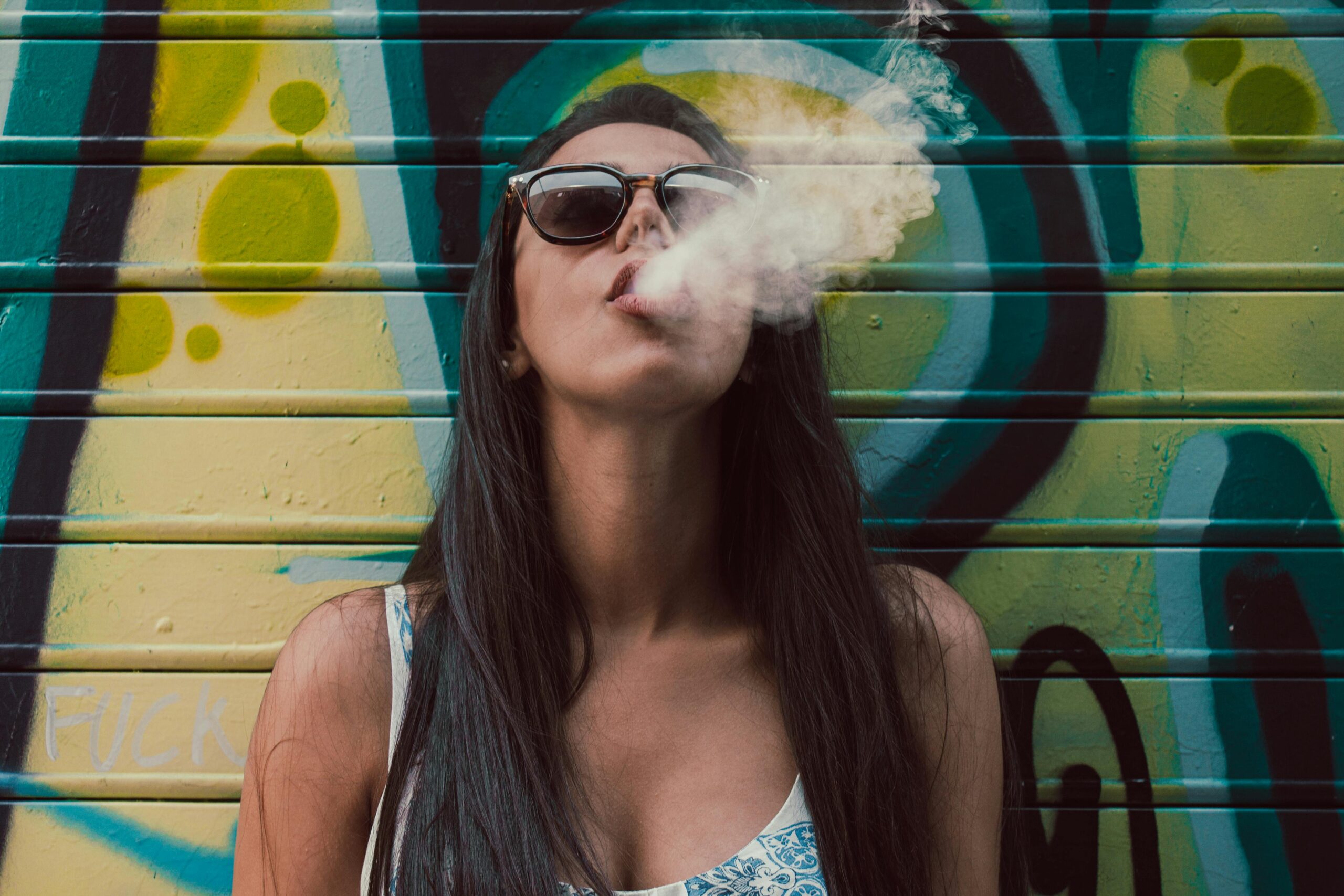As a parent or guardian, it’s essential to be aware of the signs of drug use in teenagers and understand how to intervene if necessary. Substance abuse among teens can have severe consequences on their physical and mental health, academic performance, and relationships. In this blog post, we will discuss the signs of teen drug use and provide practical guidance on recognizing these signs and offering support.
Table of Contents
Toggle-
Changes in Physical Appearance
One of the first signs of possible drug use in teenagers is a noticeable change in physical appearance. Look for symptoms such as bloodshot eyes, frequent nosebleeds, unexplained weight loss or gain, and unusual body odor. Additionally, watch for sudden changes in grooming habits or a decline in personal hygiene. These physical changes may indicate the use of substances and should be addressed with care and concern.
-
Behavioral and Emotional Changes
Teenagers experimenting with drugs often exhibit significant behavioral and emotional changes. Watch for unexplained mood swings, increased irritability, aggression, or withdrawal from family and friends. Teens engaged in substance abuse may also experience a decline in academic performance, loss of interest in previously enjoyed activities, and a sudden change in their social circle. These changes can be indicators of drug use and should be addressed promptly.
-
Decline in School Performance
Substance abuse can have a detrimental impact on a teenager’s academic performance. Look for signs of declining grades, increased absenteeism or tardiness, lack of motivation, and disinterest in school-related activities. If you notice a sudden change in your teen’s commitment to education, it’s important to explore potential underlying causes, including drug use, and seek appropriate intervention.
-
Secretive Behavior and Increased Secrecy
Teenagers involved in drug use often become secretive and try to hide their activities. Pay attention if your teen starts exhibiting secretive behavior, such as locking their bedroom door, becoming overly protective of their personal belongings, or frequently insisting on privacy. They may also avoid discussing their day or become defensive when asked simple questions about their whereabouts. This sudden increase in secrecy can be a warning sign of drug use.
-
Physical Evidence and Paraphernalia
Discovering drug paraphernalia or finding physical evidence of substance abuse can be alarming. Keep an eye out for items such as rolled-up dollar bills, small baggies, or remnants of drugs like pills, powders, or drug-related tools. Finding any of these items should prompt a serious conversation with your teen and the need for professional assistance.
-
Trust Your Gut and Seek Support
As a parent or guardian, trust your instincts. If you suspect your teenager may be using drugs, it’s crucial to take action. Openly communicate your concerns, offer support, and encourage them to share their feelings. Create a safe and non-judgmental space where they feel comfortable discussing their experiences and challenges. If necessary, seek guidance from professionals such as school counselors, therapists, or substance abuse specialists to develop an appropriate intervention plan.
Conclusion
Recognizing the signs of teen drug use is crucial for early intervention and support. Stay attentive to physical changes, monitor behavioral and emotional shifts, and pay attention to academic performance. Be vigilant about secretive behavior and keep an eye out for physical evidence of drug use. Trust your instincts and engage in open and honest communication with your teenager. Remember, seeking professional help and guidance is essential to ensure your teen receives the necessary support and resources to overcome substance abuse and lead a healthy, fulfilling life.




